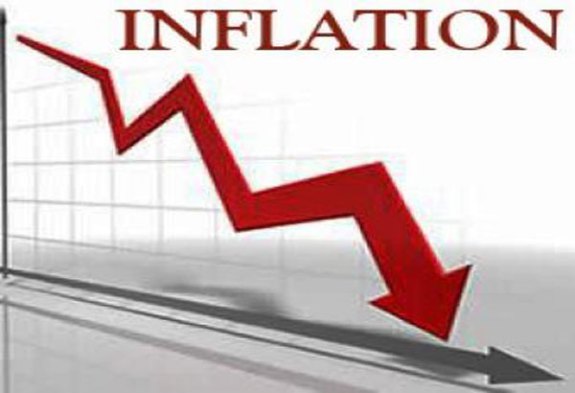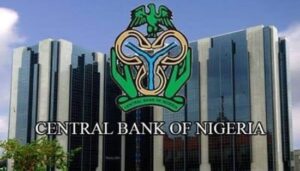
Nigeria’s inflation rate which has dropped for three consecutive months in 2019, is expected to moderate around the double-digit for the next one year.
This is revealed in the latest Central Bank of Nigeria (CBN) monthly business expectation survey for the month of April.
The Business Expectations Survey for the month of April 2019 was conducted with a sample size of 1050 businesses comprising small, medium and large corporations covering both import- and export-oriented businesses nationwide.
According to the CBN survey, even though inflation is declining, the level is still expected to hover around double digit in the next one year.
Businesses expect inflation to maintain double digits in the next one year and hover around 11.43 and 11.37 percent respectively. However, firms are satisfied with the management of inflation by the Government with a net satisfaction index of 4.7 percent in April 2019.
The consumer price index, which measures inflation has dropped for the third consecutive month to 11.25% in March 2019, according to the monthly inflation report released by the National Bureau of Statistics (NBS).
Nigeria has recorded a double-digit inflation rate far more than it has with single digit inflation eroding much of the purchasing power available to Nigerians.
Also, the survey report shows firms expected borrowing interest rates to rise in the next six months, while the exchange rate is expected to appreciate in coming months.
ALSO READ: EFCC new app will track money launderers
According to the survey report, the optimism in the macro economy in April was driven by the opinion of respondents from services, industrial, wholesale/retail trade, and construction sectors.
However, the major drivers of the optimism for next month were services, industrial, wholesale/retail trade and construction.
The expectations of businesses also conform to the latest manufacturing Purchasing Managers’ Index (PMI) which shows that Nigeria’s manufacturing sector expanded for the 25th consecutive months.
On the other hand, the employment outlook index by sector showed that the industrial sector indicates the highest prospects for creating jobs followed by wholesale/retail trade sector, construction sector and services.
Similarly, analysis further shows that expansion plans by sector in the next month showed that the services sector indicates a higher disposition to expansion, followed by the construction sector and the industrial sector.
The surveyed firms identified insufficient power supply, high-interest rate, unfavorable economic climate, financial problems unclear economic laws, unfavorable political climate, insufficient demand and access to credit as the major factors constraining business activity in April.
You may be interested

Done Deal: Falconets Forward Joins American Club Carolina Ascent
Webby - November 16, 2024Former Falconets forward Opeyemi Ajakaye has joined USL Super League club, Carolina Ascent FC on loan.Ajakaye linked up with Carolina…

Orban’s Lyon Face Provisional Relegation To Ligue 2 Amid Financial Woes
Webby - November 15, 2024Olympique Lyon the club of Nigerian striker Gift Orban, have been handed a provisional Ligue 1 relegation by theDNCG who…

Ghana Miss Out On AFCON 2025 Qualification After Draw With Angola
Webby - November 15, 2024Black Stars of Ghana’s hopes of qualifying for next year’s AFCON was ended after they played a 1-1 draw away…



















![American Pastor, David Wilson Seen Eating The Box Of Woman Who Isn’t His Wife [Video]](https://onlinenigeria.com/wp-content/uploads/2019/10/american-pastor-david-wilson-seen-eating-the-box-of-woman-who-isnt-his-wife-video-150x150.jpg)









